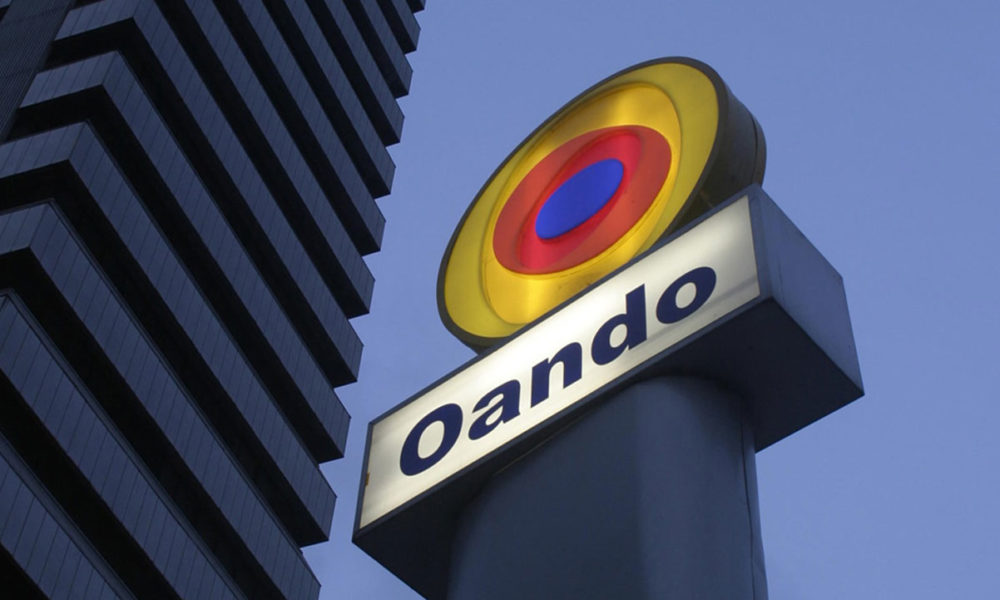Energy
Oando Clean Energy Partners with Lagos State to Launch Electric Mass Transit Buses

Oando Clean Energy Limited has partnered with the Lagos State Government to launch electric mass transit buses in the city. The partnership aims to provide sustainable transportation options for commuters and reduce carbon emissions in the city.
The electric buses, produced in partnership with Yutong Bus Co Limited, are equipped with air conditioning and Wi-Fi for passenger comfort. Oando Clean Energy has also provided charging stations and spare parts to ensure the effective operation of the buses.
The partnership was formalized through a Memorandum of Understanding (MoU) signed between Oando Clean Energy and the Lagos Metropolitan Area Transport Authority (LAMATA). LAMATA is responsible for planning, implementing, regulating, and franchising sustainable integrated public transport in Lagos.
According to the MoU, the electric buses will be deployed as part of a larger Electric Vehicle (EV) Infrastructure Ecosystem that includes charging stations and other supporting infrastructure. This initiative is aimed at attaining a sustainable road transport system in Lagos State and bridging the gap in the current mass transit bus system for the increasing number of Lagos commuters.
Oando Clean Energy’s strategic vision is to decarbonize the transport system in Nigeria and strengthen the socio-economic impact of transportation within the country. The company aims to transition the current combustion mass transit buses to electric over the next seven years, starting in Lagos State and eventually across the country.
The launch of the electric buses in Lagos State is aligned with the Nigeria Energy Transition Plan (NETP) and supports the Government’s roadmap for EV implementation across Nigeria. The partnership also aims to boost local capacity in the medium term through the construction of EV assembly plants.
Apart from reducing carbon emissions and providing sustainable transportation options, the initiative is expected to lead to improved air quality, enhanced public health, and the employment of at least 3,000 new drivers and an additional 2,000 workers to support bus maintenance, depot management, etc. The initiative is also expected to result in estimated economic cost savings of US$2.6bn (3.6% of Lagos’s GDP).
The launch of the electric mass transit buses is a significant step towards achieving a sustainable transport system in Lagos State and Nigeria as a whole. It is expected to serve as a model for other African countries seeking to transition to sustainable transportation systems.